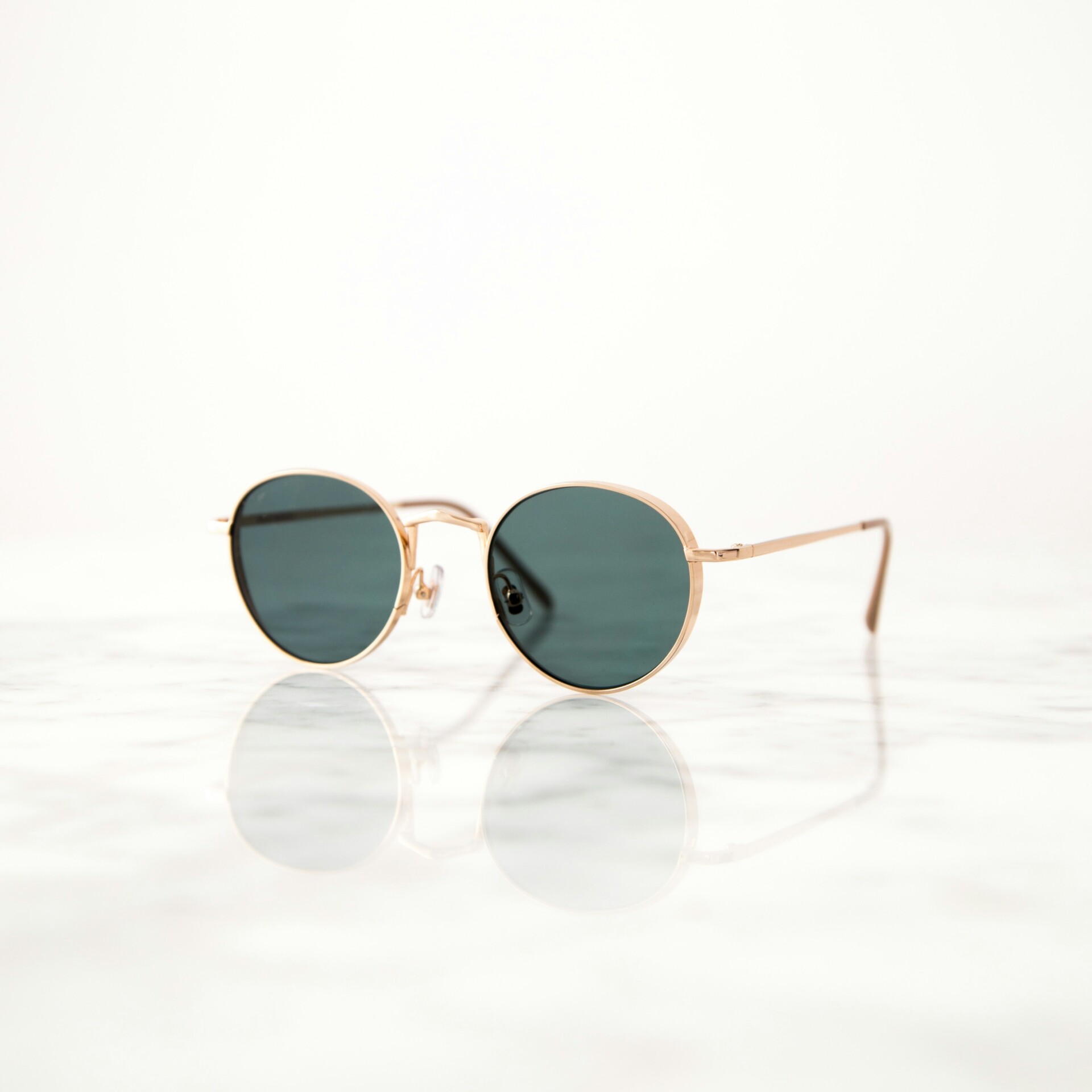When it comes to vision correction, two of the most popular options are contact lenses and glasses. Each has its own set of advantages and considerations, so how do you decide which is the right choice for your lifestyle and vision needs? At Hadden Eyecare, we want to help you make an informed decision. In this blog, we’ll explore the pros and cons of both options to help you find what works best for you.
Table of Contents
The Benefits of Glasses
- Easy to Use and Low Maintenance
One of the biggest advantages of glasses is their simplicity. You put them on, and you’re good to go—no cleaning solutions, no routine handling. This makes them a low-maintenance option, ideal for people who prefer minimal upkeep. - Style and Versatility
Glasses have become a fashion statement in their own right. With countless styles, shapes, and colors, you can find frames that match your personal style and even switch between different pairs to suit different occasions. They also offer an opportunity to express your personality while correcting your vision. - Eye Protection
Glasses serve a dual purpose by correcting your vision and protecting your eyes from environmental elements like dust, wind, and debris. You can even choose lenses with UV protection to shield your eyes from harmful sun rays without wearing sunglasses. - Gentle on Your Eyes
Since glasses don’t touch your eyes, they’re a good choice if you have sensitive or dry eyes, or if you’re prone to eye infections. They reduce the risk of irritation and are less likely to cause any discomfort compared to contact lenses.
The Benefits of Contact Lenses
- Full Range of Vision
One major advantage of contact lenses is that they provide a full field of vision. Since they rest directly on your eyes, contacts move with your eyes, giving you clearer peripheral vision compared to glasses, which only correct your vision in the area directly in front of the lenses. - Convenience for Active Lifestyles
Contact lenses are perfect for people with active lifestyles. Whether you’re playing sports, working out, or just on the go, contacts won’t get in the way like glasses might. You don’t have to worry about them falling off, fogging up, or sliding down your nose during physical activities. - Natural Appearance
If you prefer a more natural look without frames, contact lenses are a great option. They are nearly invisible, allowing you to showcase your face and eyes without any obstruction. Many people choose contacts because they feel more confident without glasses. - Specialized Options
Contact lenses can be customized for different needs. For example, multifocal contacts help with both distance and reading, while toric lenses are designed to correct astigmatism. If you need vision correction but don’t want to give up sunglasses, contacts are a great solution since they allow you to wear any type of shades over them.
What to Consider When Choosing
Comfort
Some people find that contacts irritate their eyes or are difficult to put in and take out. If you experience dryness, redness, or discomfort with contacts, glasses may be the better choice. However, there are contact lens options for sensitive eyes, such as daily disposable lenses or lenses designed for dry eyes, so be sure to consult your eye doctor.
Convenience
While glasses are easy to use and don’t require much maintenance, they can be less convenient for people who lead active lifestyles. Contacts offer more freedom for movement, but they do require daily cleaning and handling, which can be a downside for some users.
Cost
Glasses are often a one-time investment, though you may need to update your prescription or get new frames every few years. Contact lenses, on the other hand, are a recurring expense since you’ll need to purchase them regularly, along with cleaning solutions and accessories.
Eye Conditions
Certain eye conditions may influence your choice. For example, if you have severe dry eye, contacts might aggravate the condition. On the other hand, contacts may be a better option for someone with a very high prescription, as they offer more precise vision correction.
So, Which is Right for You?
Ultimately, the decision between contact lenses and glasses depends on your lifestyle, preferences, and eye health. Some people even choose to switch between the two—glasses for work or home, and contacts for sports or special occasions. At Hadden Eyecare, our team can help you explore both options and find the best solution for your unique needs.
Still unsure? Schedule an eye exam or consultation with us today! We’ll guide you through the benefits of both contacts and glasses, ensuring you leave with the perfect option for clear and comfortable vision.



